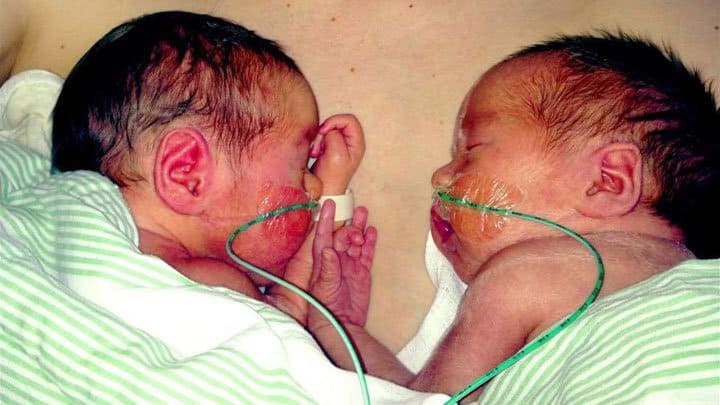New Study Examines Fetal Reduction in Triplet Pregnancies
A new study – the first study of fetal reduction in triplet pregnancies in Hong Kong – was published in June 2017. The study examined women who were pregnant with triplets. Some underwent fetal reduction and some chose expectant management at a university hospital in Hong Kong. 50 triplet pregnancies were included in the study. The majority of women had undergone fertility treatment in order to conceive.
Half chose to undergo fetal reduction
The women were classified as having had expectant management, fetal reduction to twins, or fetal reduction to a singleton. About half of the women chose to undergo fetal reduction to either twins or a singleton. The researchers found – concordant with other studies – that fetal reduction can significantly prolong the gestation at delivery. It also significantly reduces preterm delivery.
Lower neonatal death rate
The mean gestation at delivery were 32+6 weeks in the expectant management group. In the fetal reduction to twins group it was 35+2 weeks, and in the fetal reduction to a singleton group it was 39+6 weeks. Triplet pregnancies resulting in preterm births happened much more frequently in the expectant management group. All pregnancies who underwent fetal reduction to a singleton resulted in birth at term. In both the fetal reduction groups a higher mean birth weight and a lower neonatal death rate was observed. The babies also spent less time in the Neonatal Intensive Care Unit (NICU).














